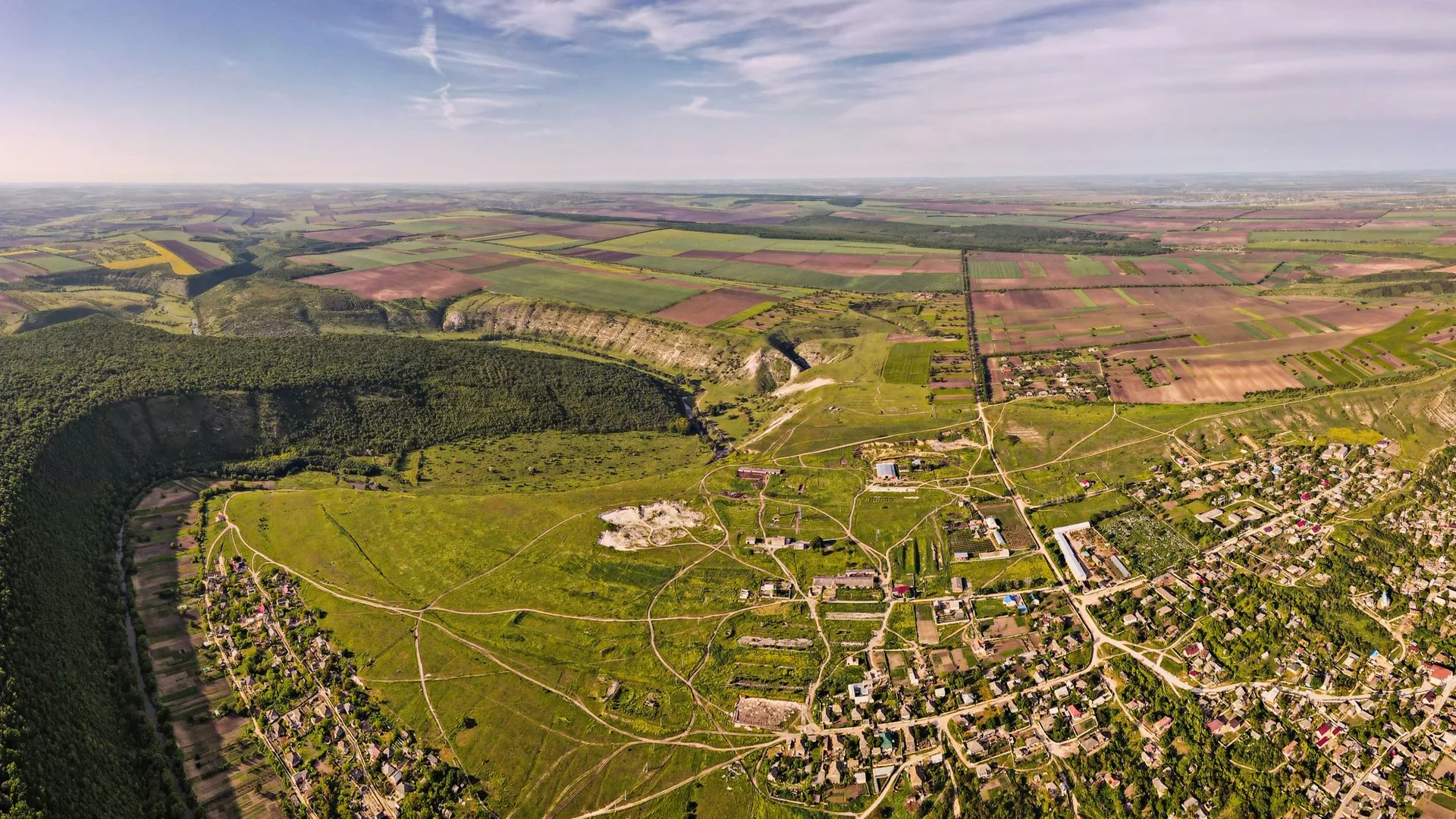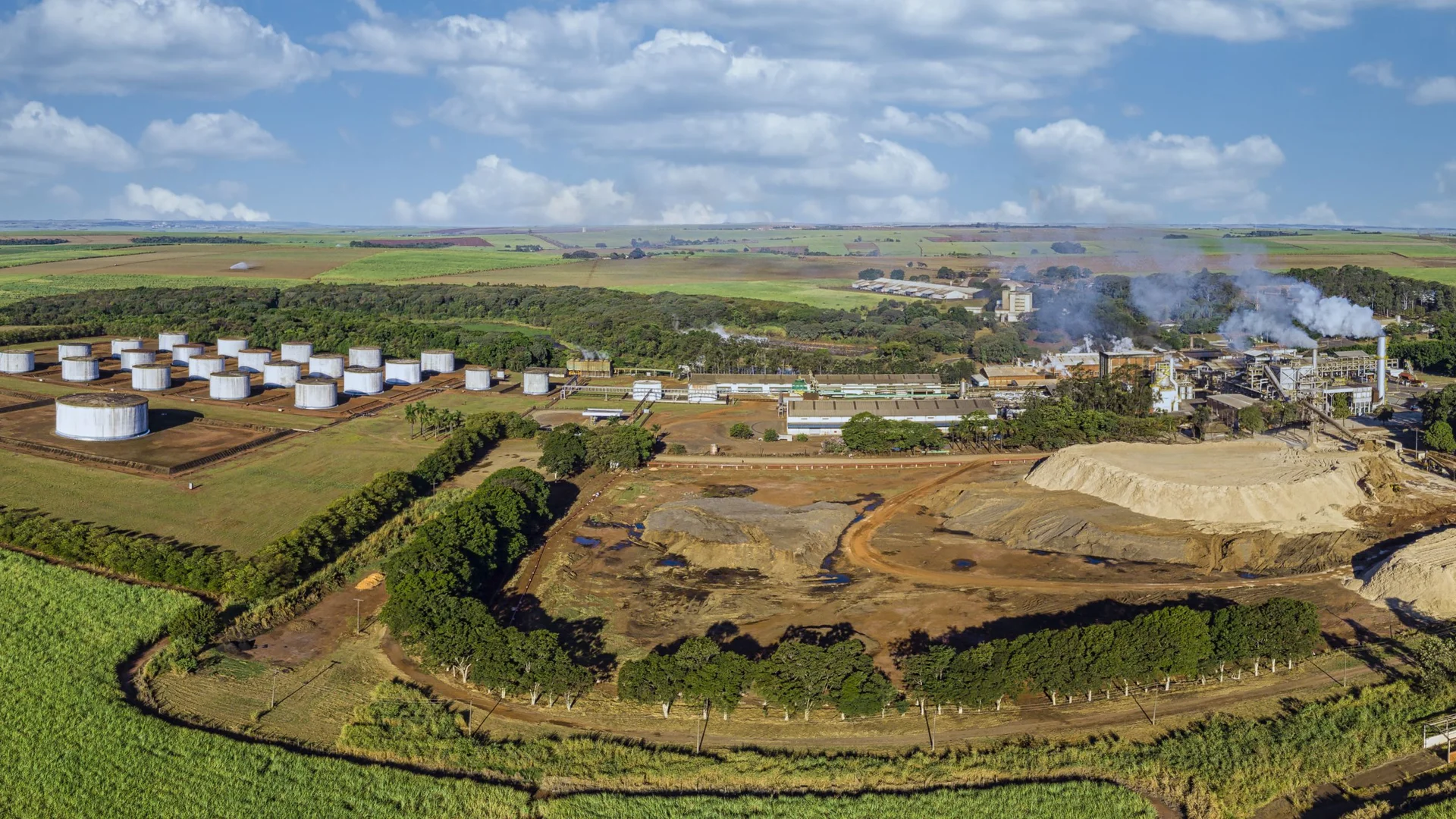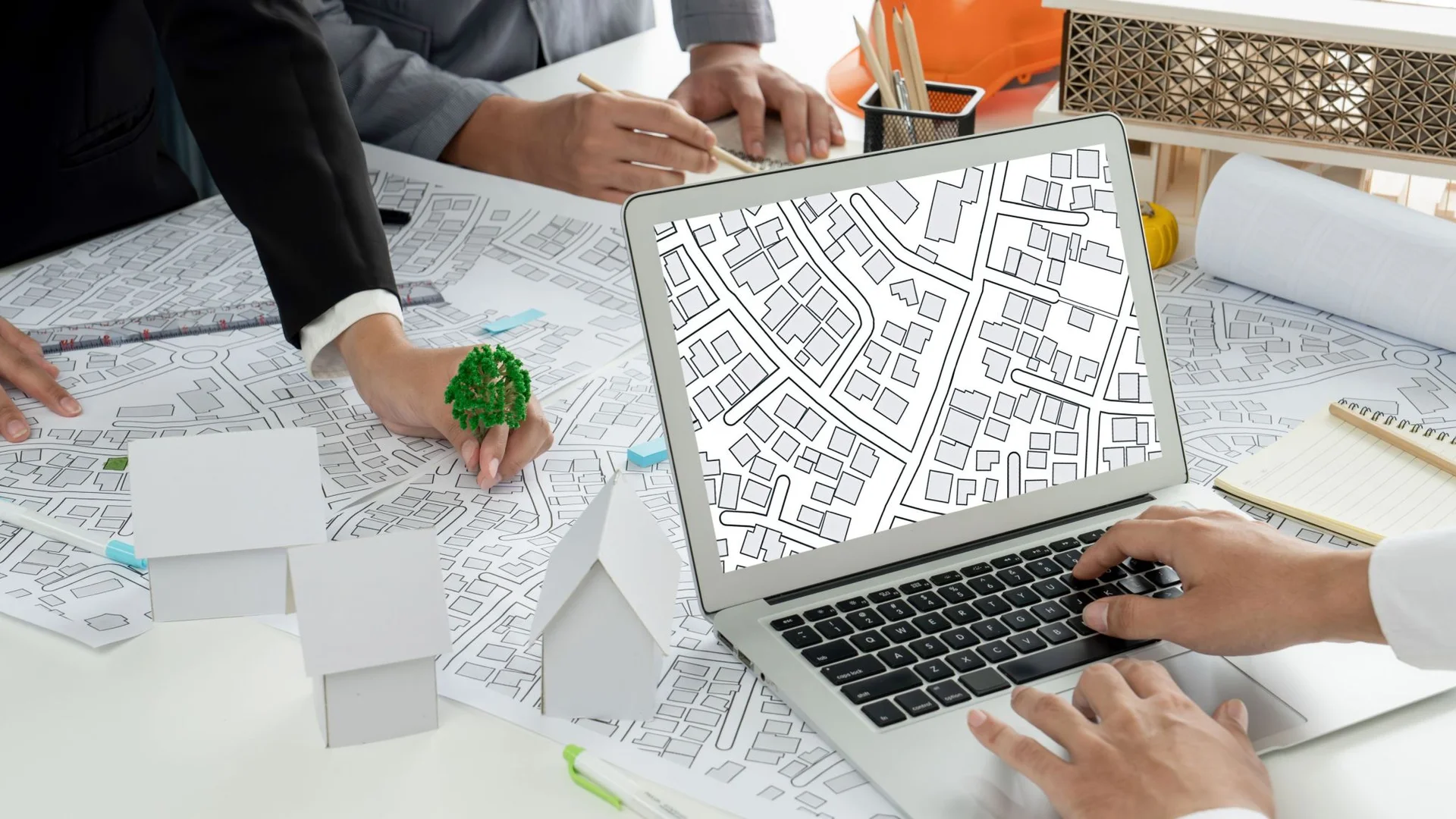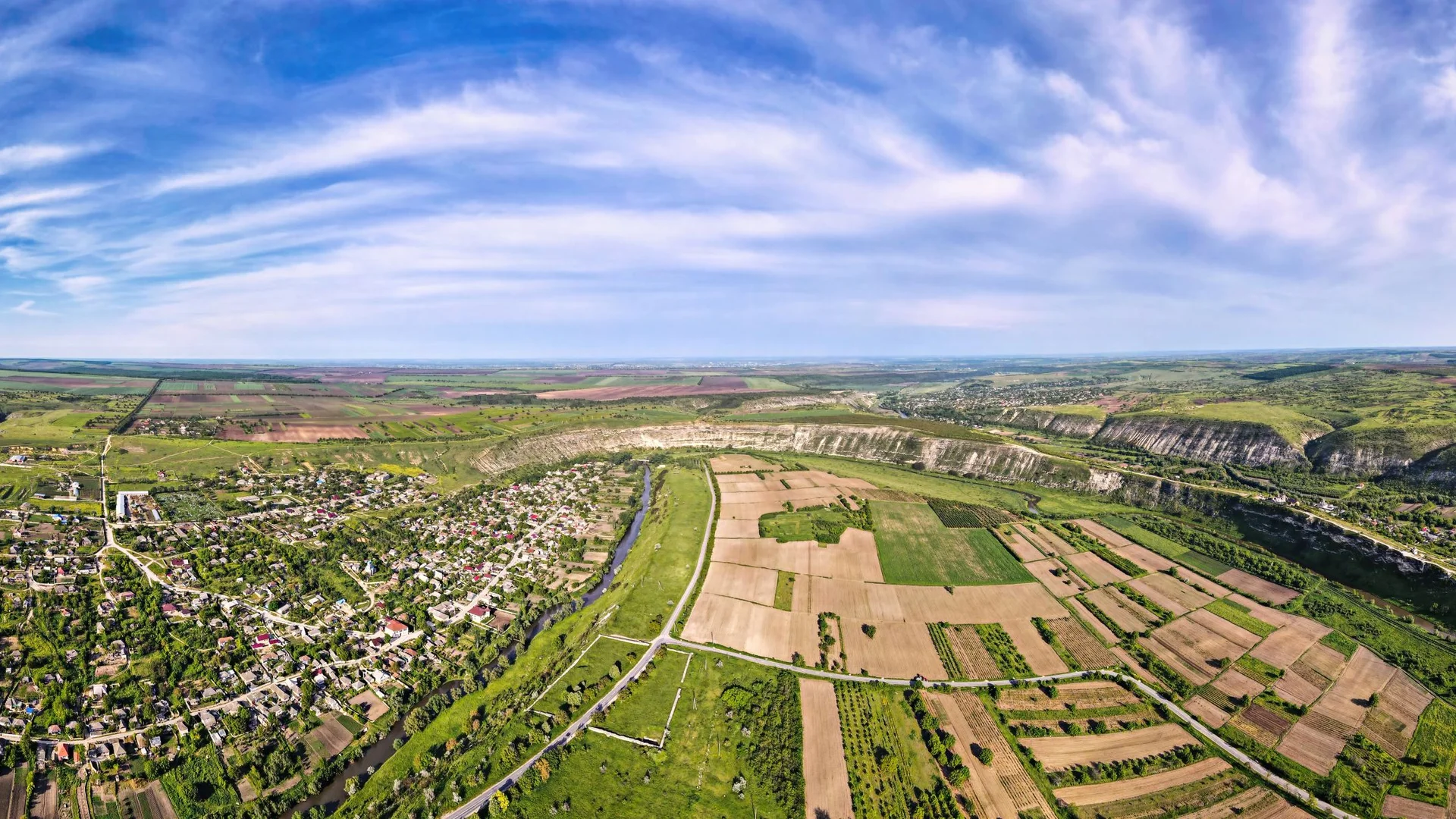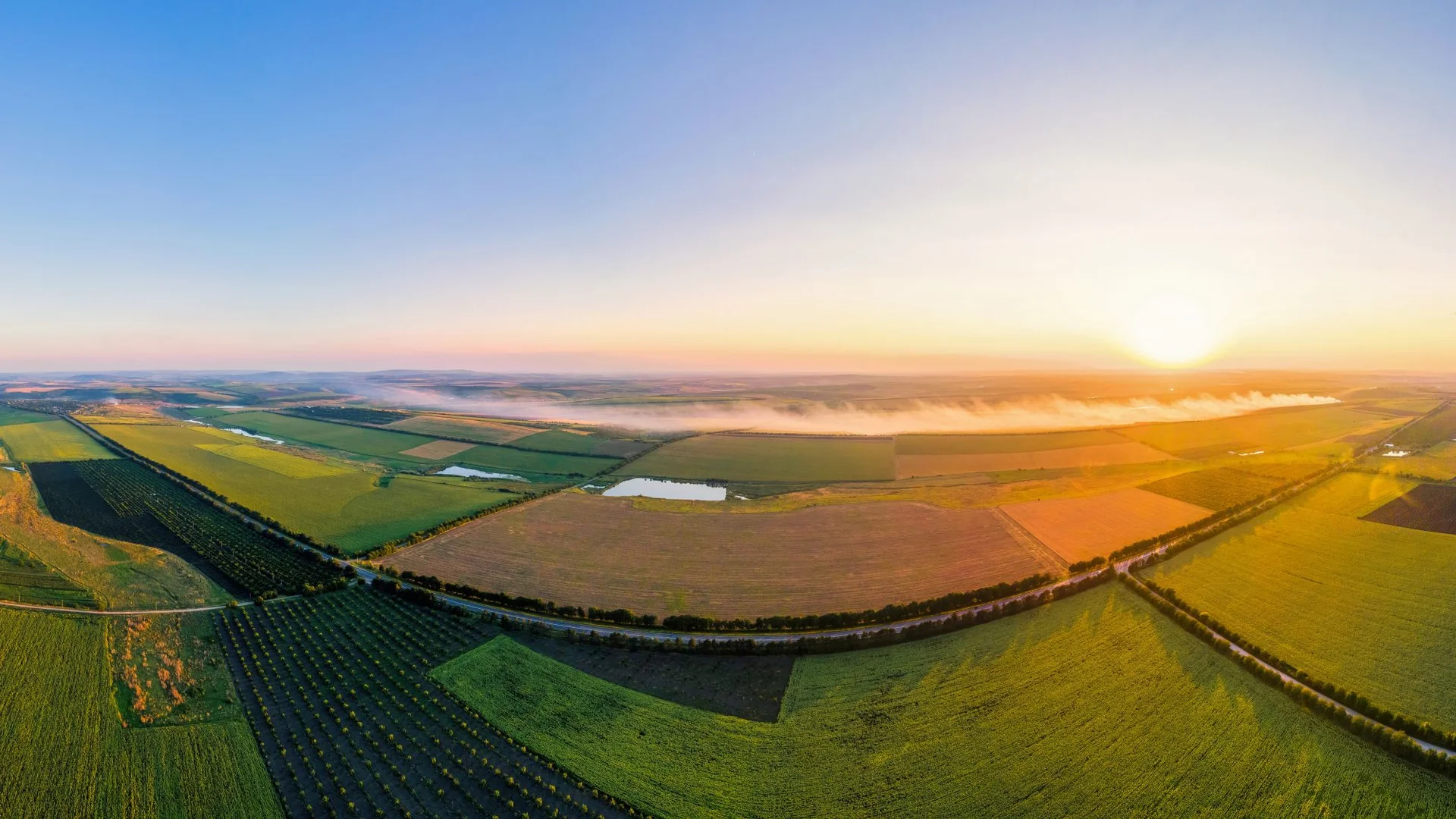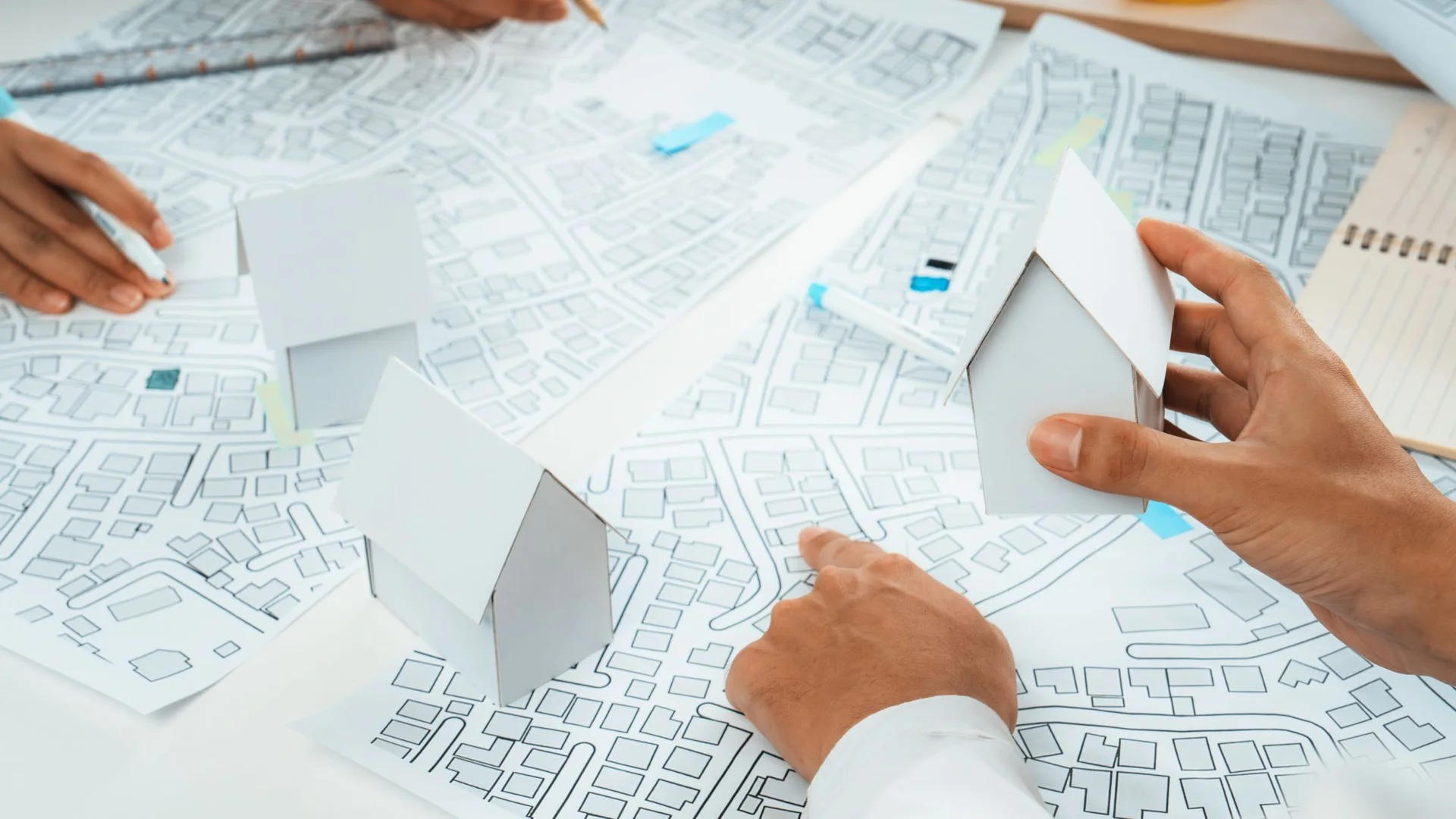Latest news
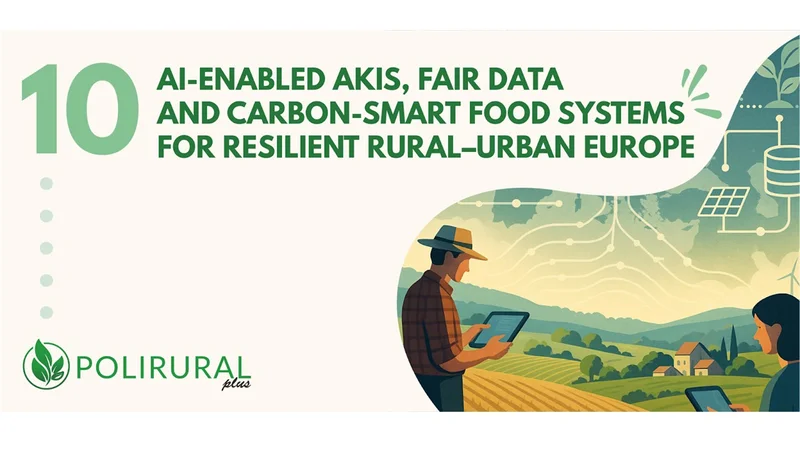
AI, FAIR data & Smart food systems: A new blueprint for rural–urban resilience in Europe
As Europe continues its green and digital transitions, rural and peri-urban regions face a pressing question: how can they remain resilient, relevant, and connected in an increasingly data-driven wor
Read more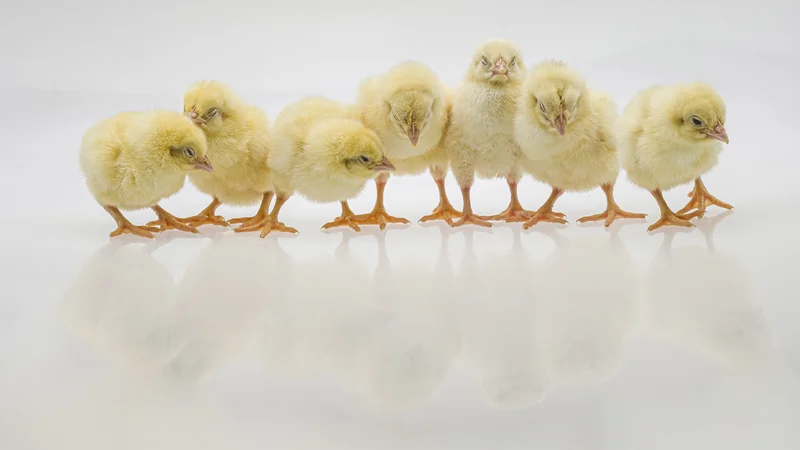
Turning Poultry Waste into Rural Wealth: Business & Policy Opportunities in Co. Monaghan, Ireland
Executive SummaryCounty Monaghan is a leading region in Ireland’s poultry sector, producing a significant share of the nation’s broiler chickens and eggs. With over 200,000 tonnes of poultry litter g
Read more
Go Mallusjoki! An Ideathon to develop the rural event industry in the Mallusjoki region
In July, Avoin Ry will organize an idea contest as a part of Takinkääntöviikko, a music festival organised by Mallusjoki Youth Association in Mallusjoki. Finland. Go Mallusjoki! Ideathon will be an o
Read moreLatest blog articles
Bi-Directional Rural-Urban Interaction
The strategic goal of PoliRuralPlus is to strengthen the bidirectional flow of services, resources and opportunities between rural and urban communities.What does this mean for the rural Mallusjoki
Read more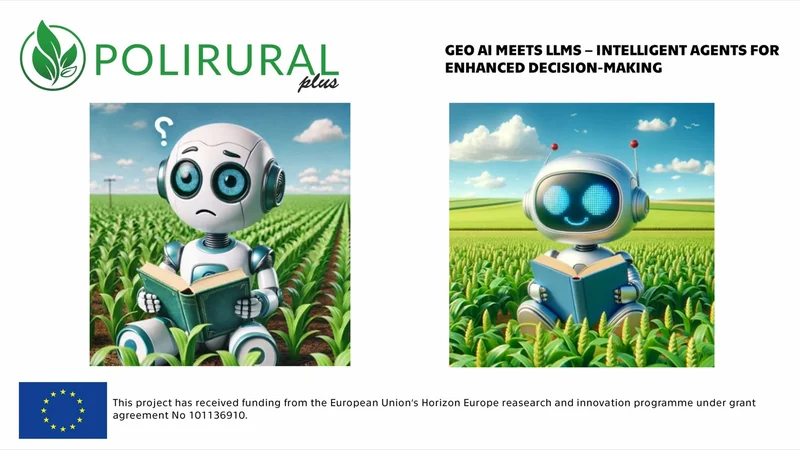
GeoAI meets LLMs – Intelligent agents for enhanced decision-making
Discover how the fusion of geospatial AI and large language models (LLMs) is transforming the way we make decisions. In our latest video, we compare standard LLM outputs (like those from ChatGPT) wit
Read more
Unlocking Regional Innovation Potential with OpenStreetMap and PoliRuralPlus
A Modern Approach to Mapping InnovationIn today's data-driven world, having detailed, current information about a region’s innovation potential is crucial for smart planning and investment. A re
Read morePoliRuralPlus Main aim
PoliRuralPlus extends and enriches the achievements of its predecessor, the PoliRural, by delving deeper into the complexities of rural and urban interconnectivity. It deploys a sophisticated suite of digital tools, including Artificial Intelligence, Geographic Information Systems, Internet of Things, and advanced data analytics. The project's core mission is to tackle prevalent issues such as administrative fragmentation, inequality, and inefficiencies
in public service coordination, fostering an environment of enhanced cooperation and equal opportunities across rural and urban divides. Central to PoliRuralPlus are 9 pilot projects that serve as proving grounds for an EU-wide integrated approach to territorial planning and action foresight. PoliRuralPlus ambitiously expands its scope to include the urban dimension, thus embracing a broader perspective on development.
PoliRuralPlus Objectives

To develop and implement a foresight-based framework for interregional cooperation and coordination, aimed at overcoming policy barriers and improving governance arrangements to foster integrated and smart rural-urban development strategies

To develop and implement integrated strategies and action plans that enhance the availability of business and innovation opportunities in rural areas, while promoting a more proximate, circular, and green economy and revitalising rural places through better connectivity, improved valorization of cultural and natural heritage, and stronger innovation ecosystems.

To enhance mutual access to services and social connectivity between rural and urban areas, as well as build resilience and capacity for innovation through the implementation of regional action plans and pilot initiatives.

Contribute to the implementation of the European Green Deal, with a specific focus on the farm-to-fork and biodiversity strategies, the organic action plan, the common agricultural policy (CAP), the long-term vision for the EU’s rural areas, the flagship initiative “Research and innovation for rural communities,” and the EU territorial agenda for 2030.

To enhance cross-disciplinary collaboration and leverage the full potential of European Research Infrastructures, EOSC, EU Data spaces, INSPIRE, Copernicus, DIAS, Eurostat, FAO, and other relevant data sources for integrated rural-urban development.

To facilitate mission-oriented experimentation and innovation by leveraging data-driven decision-making, collaborative analysis, and system dynamics to advance the development of a well-being economy based on proximity, circularity, green economy/society, services, culture, landscape and heritage, and mobility.

To create synergies with the New European Bauhaus (NEB) and other EU-funded projects, facilitating ideas flows from urban to rural settings and vice versa.
